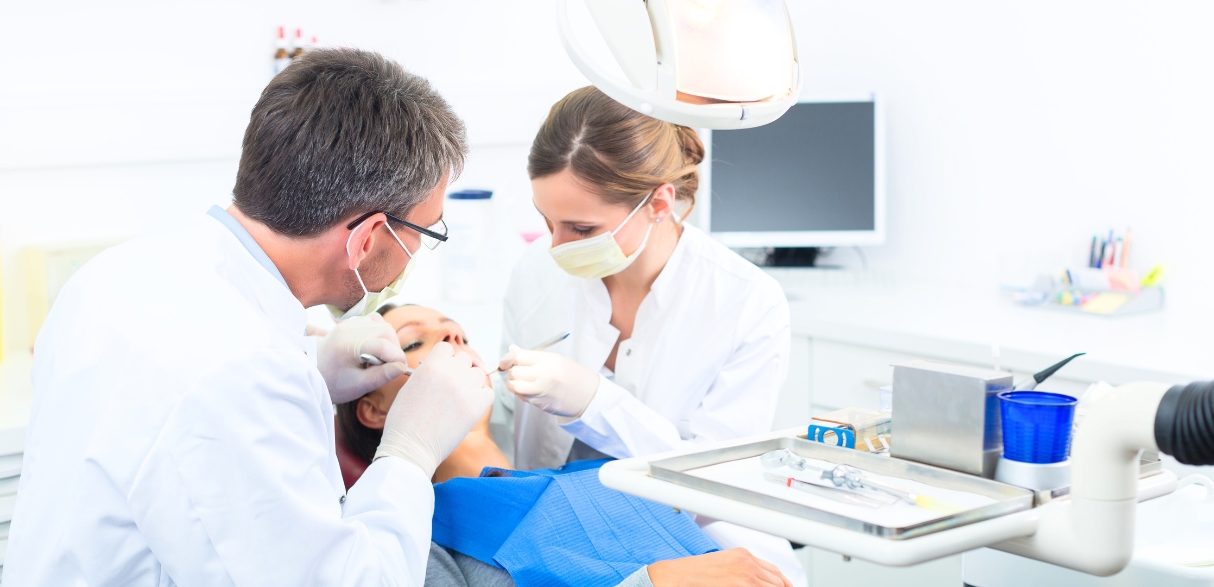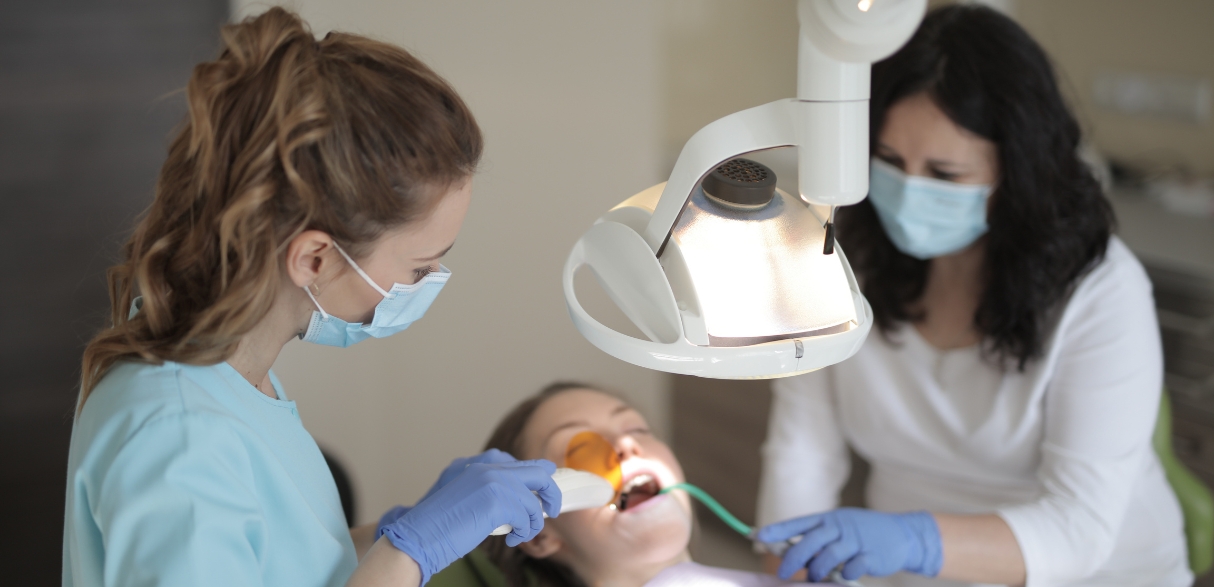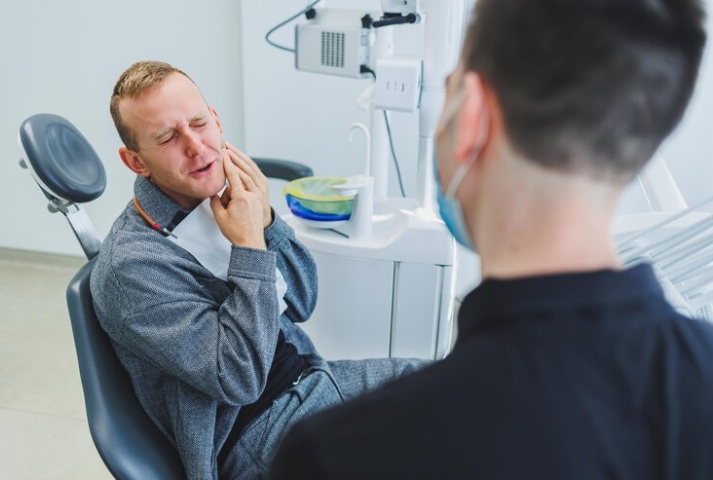
A dental emergency might strike you anytime, causing severe pain, discomfort, and even long-term damage. Understanding what constitutes a dental emergency and knowing what steps to take can help you prevent complications and preserve oral health. Quick action can make the difference between saving or losing a tooth, avoiding infections, and minimizing discomfort.
Read this blog to learn what counts as a dental emergency and how to handle such situations.
What Are The Common Dental Emergencies?
Scared that you won’t be able to identify an emergency at the right time? Here are some dental problems to watch out for:
- If your toothache becomes unbearable and persists, you might be suffering from gum disease or other issues that require medical attention.
- Has a sudden fall or accident knocked out your tooth? Visit a dentist as early as possible to prevent complete tooth loss.
- A cracked or broken tooth exposes the nerve endings of your tooth and causes severe pain if left untreated.
- Missing tooth filling and crowns can cause severe pain and expose the vulnerable, damaged parts of your tooth.
- Experiencing oral abscess? This might be caused by bacterial overgrowth along with swelling and fever.
How Can You Handle Dental Emergency At Home?
Here are some proactive steps that can help you handle emergencies like a pro:
- For knocked-out or cracked teeth, rinse your mouth with warm water to clean the affected area and clean your blood if you are bleeding from your mouth.
- In case of severe toothache you can use floss to remove food debris and take over-the counter painkillers for relief.
- You must handle a knocked out tooth by its crown ans try to place it back in the socket or store it in milk to preserve it for reattachment.
- Do you have a lost crown? Use sugar-free chewing gum or dental cement to cover the exposed area until you see an emergency dentist in St Clair.
- You can use a cold compress to reduce swelling as much as possible before going to a clinic.
- If your bleeding persists for more than 10 minutes, seek emergency dental care without wasting any time.
How Can You Prevent Dental Emergencies In the Future?
Want to avoid oral emergencies as much as possible? Follow these steps to protect yourself from the pain and agony:
- Visit the dentist every six months for dental cleanings and exams. They will use advanced technologies to identify and treat minor issues before they become too severe.
- Be cautious when eating hard candies, ice, and popcorn, as they might easily fracture your teeth.
- Brush and floss daily to remove the leftover food debris in your mouth. The accumulated plaque can cause cavities and infections.
- If you suffer from teeth grinding, then wear a nightguard to avoid damaging your teeth or dental procedures.
Dental emergencies can be painful and stressful, but knowing how to respond can make all the difference. Acting quickly can help you manage pain and prevent further damage. Keep the emergency dentist’s number handy and practice preventive care to reduce the risk of sudden dental problems.
Are you ready to face emergencies like a pro? Seek consultation today!




